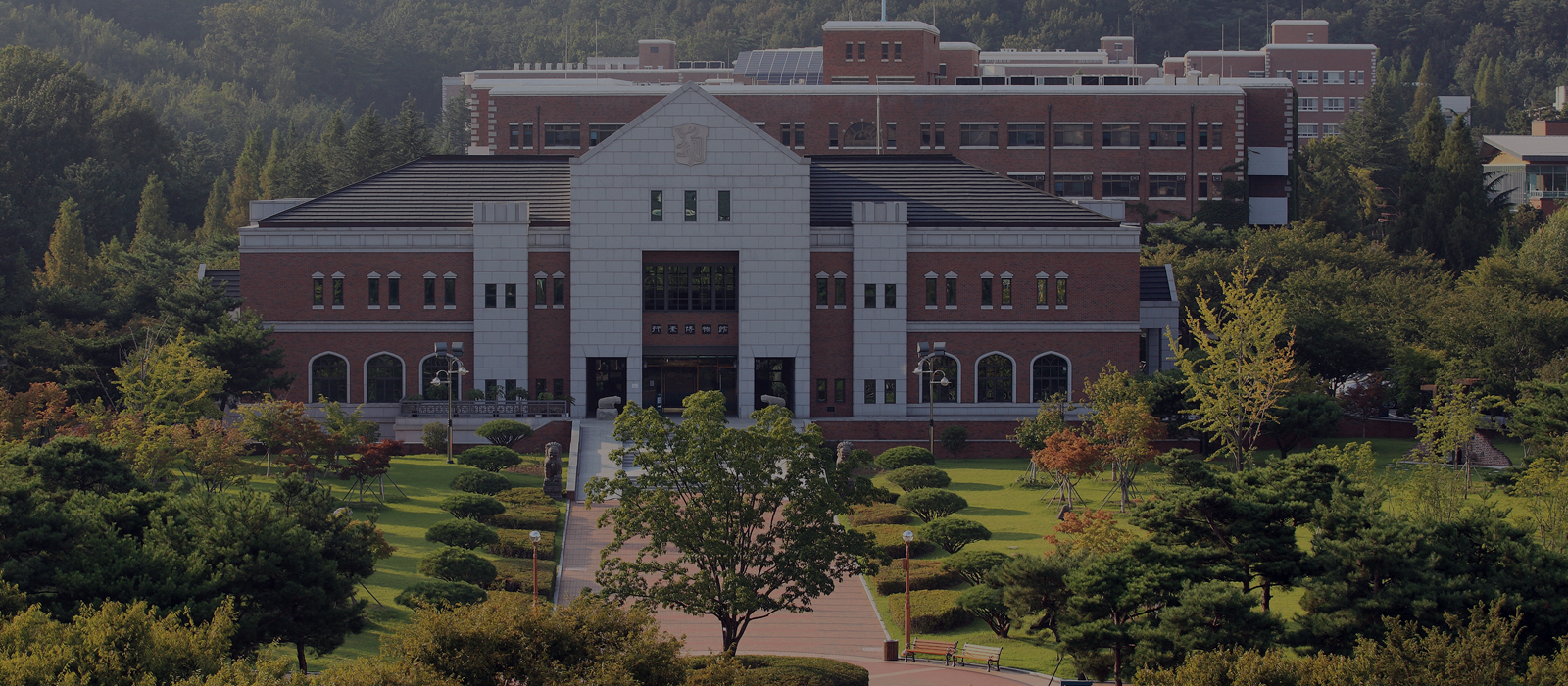The Department of Sociology

since the establishment in 1981 in the Social Sciences,
This courses have provided students with meaningful sociological experience. For the past three decades, Keimyung Sociology has consistently been ranked among the national top sociology departments, and in 2012 Keimyung Sociology was in # 5 in Korea JoongAng Daily Report rankings.
Keimyung Sociology is nationally recognized for research strengths in major fields of contemporary sociology, including cultural sociology, political sociology, eastern social thoughts, gender research, work and leisure, urban ethnography, sociology of tourism. The department offers both undergraduate and graduate degrees in sociology.
Graduated students of Sociology have excelled in business, academia, the nonprofit sector, public service, and the professions. We have superb faculty and graduate training programs in migration and multicultural studies. Recently Keimyung Sociology recruits many foreign students mainly due to excellent programs for migration and multicultural studies. Keimyung Sociology sustains a vibrant, inclusive, and collegial atmosphere focused on discovery and learning. Keimyung Sociology is also am energetic, exciting, and growing department. We invite you to become a part of our sociological experience.
Graduate School of Sociology aims to train professionals who can analyze and solve many problems facing modern society by educating sociological theories and methodologies. In particular, we specialize in teaching various major areas such as culture/immigration and multiculturalism, labor/polity, deviance/crime, history/city, and women/gender.
Culture/Migration and Multiculturalism
Cultural sociology analyzes social phenomena focusing on their cultural meaning. Cultural sociology develops concepts and methods that illuminate the cultural texture of social life at both individual and group levels based on classical and modern social and cultural theories. Because culture is always closely intertwined with patterns of social organization, cultural sociology is centrally concerned with institutional life and the intersection of culture and social structure. In particular, students majoring in cultural sociology can explore migration and multiculturalism as subjects of empirical research. Students who explore migration and multiculturalism through cultural sociology focus on how culture and institutions intersect to create migration and multicultural situations.
Labor/Politics
The political economy of capitalism has a significant impact on the formation and change of modern society, and labor and politics are important areas of analysis in sociologically analyzing these developments. Labor provides the basis for social life and relationships, and analyzes the sources of everyday conflict in capitalist society, while politics shapes forms, policies, and institutions for providing labor, and seeks to resolve social conflicts surrounding them. At the analytical level, the two areas are interlinked. The destabilization of employment and jobs created by the dual transformation of capitalism through digitalization and decarbonization as well as globalization are an important topics in labor sociology. In labor sociology, topics such as flexible and unstable employment, digitalization of work and social reproduction, labor policy and industrial relations, class theory and capitalist transformation are analyzed theoretically and empirically. The future of democracy caused by the employment crisis and social inequality is a core topic of political sociological analysis. The current crisis heralds new social divisions and at the same time represents an opportunity for new social transformation ‘from below’. Changes in the relationship between democracy and capitalism, right-wing populism due to the employment crisis and influx of immigrants, and the future of the welfare state are major subjects of analysis in political sociology.
Deviance/Crime
Faculty and students specializing in the field of deviance and crime investigate the ways in which individual behavior and societal processes influence the emergence of deviant behavior, criminal activity, and legal systems. Furthermore, they explore the reciprocal relationship wherein legal and policy frameworks, in turn, shape the lives of individuals and the structure of societies. Their primary focus centers on understanding how society responds to deviance and criminal behavior through the implementation of new legislative measures and operational approaches, as well as evaluating the degree to which these modified policies contribute to positive social change. Specifically, they analyze deviant behaviors and criminal acts by employing a range of criminological theories, utilizing quantitative, qualitative, and mixed-methods approaches.
History/Urbanity
People have established, dissolved, and reorganized social structures in various ways, ranging from small groups to human society as a whole. Historical sociology is the study of social change over time. It is a subfield of sociology that seeks to understand the historical processes that have shaped our social order, from everyday habits to the large social structures we live in and how they affect the social behavior of people today. Cities provide one of the best contexts to observe these social changes. Cities served as the cradle of modern capitalism and incubators of new customs that did not exist in traditional societies. Urban areas are reshaped not only by macro-level social changes like capitalism and modernity but also by the interplay of various factors such as government policies at both central and local levels, migration and immigration patterns, consumption and leisure activities, and the daily behaviors of citizens. Urban sociology is a subfield of sociology dedicated to studying urban change within the context of these diverse social interactions.
Gender/Sexuality
Gender and Sexuality Studies examines the construction of gender and sexuality in social, cultural, political, economic, and scientific contexts. It also investigates gender and sexuality in their complex articulations with race, ethnicity, class, disability, religion, nationality, and other intersections of identity, power, and politics.

